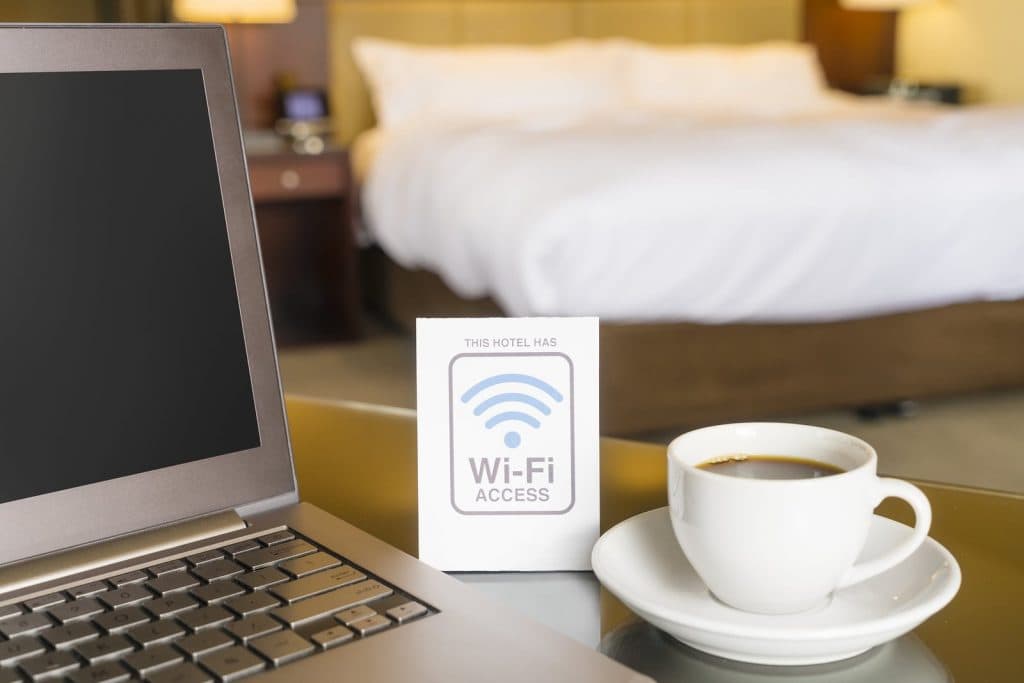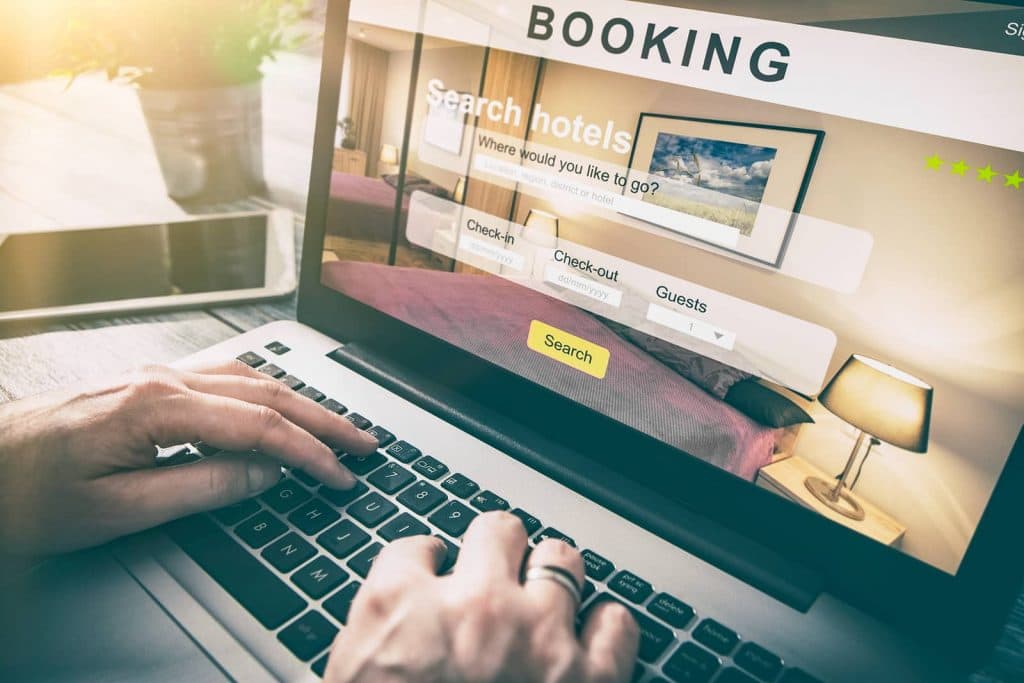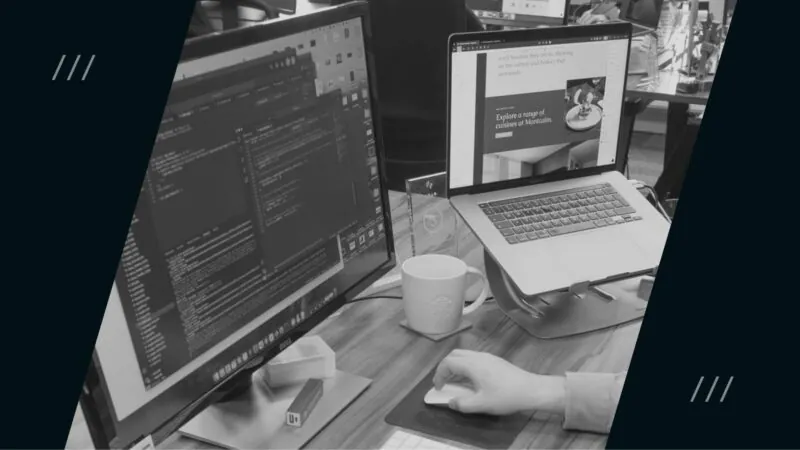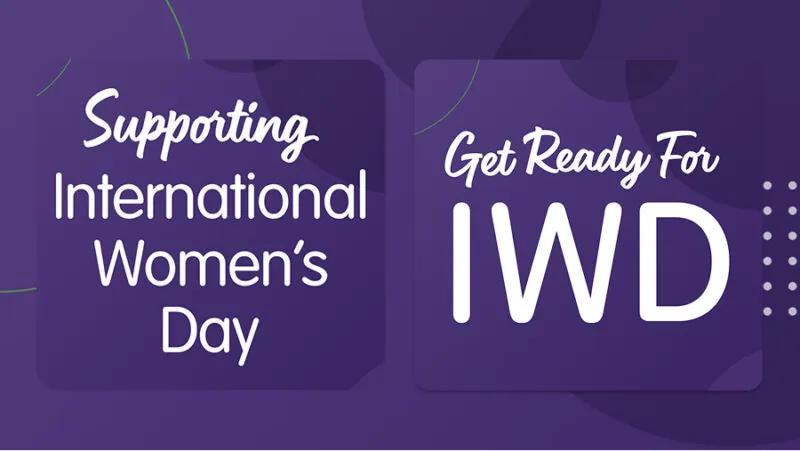A frequent question we get from hotels is “what is a good conversion rate” and there are so many influencing factors in this that it becomes a difficult question to answer. There is one big culprit for lowering conversion rates, and that is your hotel WiFi landing page. Most hotels provide free wifi for their guests, and often when a guest uses the access point they are directed to the hotel home page. Most visitors instantly bounce, leaving your site and going to the website they intended. This boosts the traffic, lowers conversion and raises your bounce rate, potentially hiding useful data.
Fix It:
The simplest solution to removing this fake data is to create a duplicate home page and use it as your wifi landing page, ensuring that your Google Analytics tracking code isn’t included on that page. An even better solution is to create a custom wifi landing page. It gives you an opportunity to show a book-direct message, to promote your hotel restaurants and bars, highlight an interesting blog post or let the guest provide feedback. Any guests clicking on a link on this digital concierge page enter the main site and are again fair game for tracking. Don’t forget to create a custom remarketing list for people who visit your wifi page. These are guests who have been in your hotel and will include people who booked through an OTA.
Missing IBE and Booking Mask Insights
When a potential booker uses your booking engine or booking mask to search for dates, they are giving you invaluable data. They are in effect telling you what date they have in mind to stay. They are revealing their consumer needs and recording that data and using it for your digital marketing is a great way to boost your direct sales. For example, the way you communicate to someone who has used your booking engine to look at prices for a stay in December would be very different to the way you communicate to someone who is looking to stay in January. The offers and images which would prompt a sale change completely. Similarly, a visitor using the booking engine for a price for 2 people, and someone booking for a family would be encouraged to book direct with different language and offers. A person booking for 7 nights has a different commercial value than someone booking for 3 nights. Also, recording when site visitors are getting no availability messages and the dates they were looking for can help your revenue manager plan which inventory is given to the OTAs and how much to hold back for direct bookers.
Fix It:
Using a Data Layer on your booking engine allows you to record extra data into you Google Analytics and into your Remarketing lists. Working with your IBE to ensure you’re capturing the most useful data possible from your site can help you market your hotel intelligently and to greater success.
The data you collect from Google Analytics can be invaluable to your hotel in improving your messaging and marketing. Getting the right data and understanding what that data is telling you can form a solid base for making decisions and choosing the right direction to take in boost your direct online bookings.
As part of our Hotel Internet Marketing service Up can help you track the data from your hotel website and interpret it in a logical and useful way. Contact our team of experts to start getting actionable audience data for your property.



![The Art of First Impressions [Blog Banner 16_9]](https://uphotel.agency/wp-content/uploads/2025/06/The-Art-of-First-Impressions-Blog-Banner-16_9-800x450.webp)

